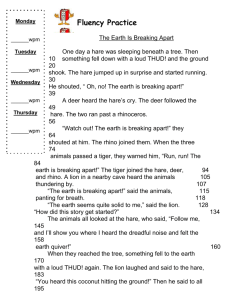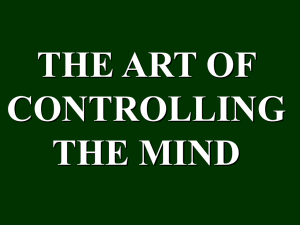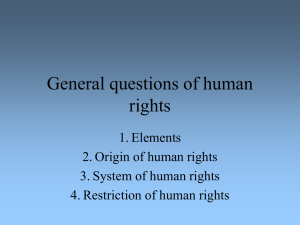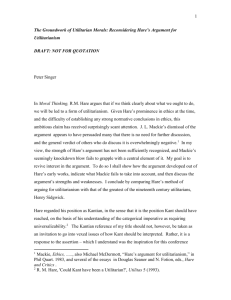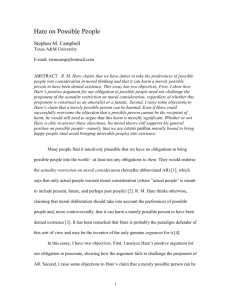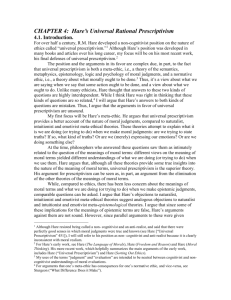Util fw - circuitdebater
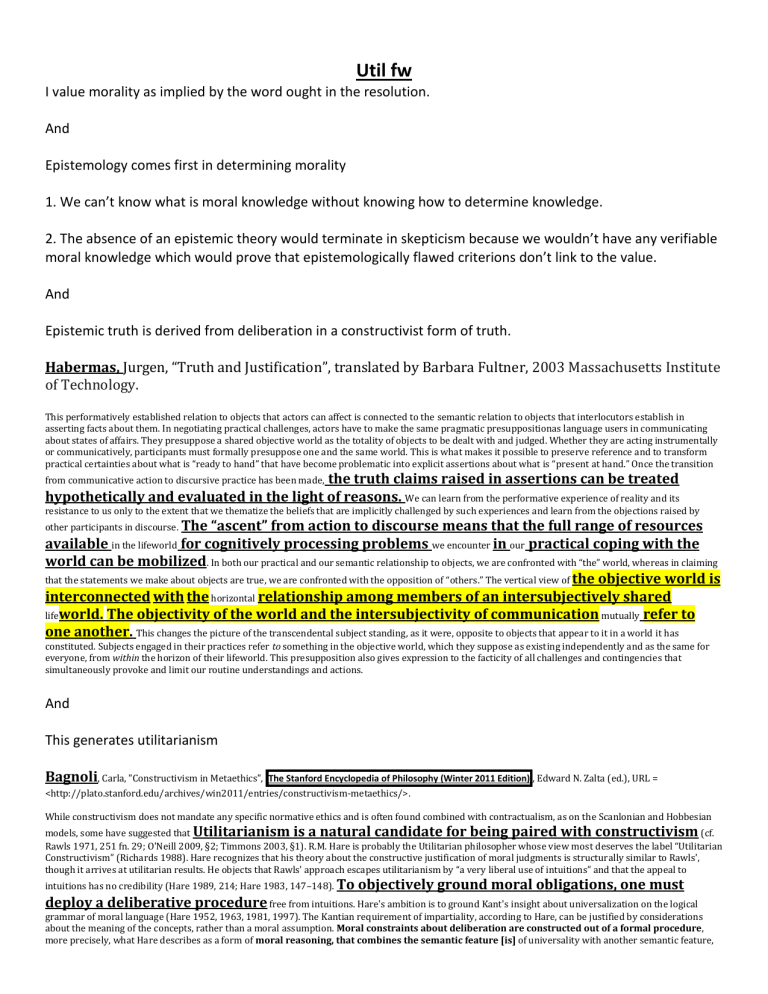
Util fw
I value morality as implied by the word ought in the resolution.
And
Epistemology comes first in determining morality
1. We can’t know what is moral knowledge without knowing how to determine knowledge.
2. The absence of an epistemic theory would terminate in skepticism because we wouldn’t have any verifiable moral knowledge which would prove that epistemologically flawed criterions don’t link to the value.
And
Epistemic truth is derived from deliberation in a constructivist form of truth.
Habermas, Jurgen, “Truth and Justification”, translated by Barbara Fultner, 2003 Massachusetts Institute of Technology.
This performatively established relation to objects that actors can affect is connected to the semantic relation to objects that interlocutors establish in asserting facts about them. In negotiating practical challenges, actors have to make the same pragmatic presuppositionas language users in communicating about states of affairs. They presuppose a shared objective world as the totality of objects to be dealt with and judged. Whether they are acting instrumentally or communicatively, participants must formally presuppose one and the same world. This is what makes it possible to preserve reference and to transform practical certainties about what is “ready to hand” that have become problematic into explicit assertions about what is “present at hand.” Once the transition from communicative action to discursive practice has been made,
the truth claims raised in assertions can be treated hypothetically and evaluated in the light of reasons.
We can learn from the performative experience of reality and its resistance to us only to the extent that we thematize the beliefs that are implicitly challenged by such experiences and learn from the objections raised by other participants in discourse.
The “ascent” from action to discourse means that the full range of resources available in the lifeworld
for cognitively processing problems we encounter in our
practical coping with the world can be mobilized
. In both our practical and our semantic relationship to objects, we are confronted with “the” world, whereas in claiming that the statements we make about objects are true, we are confronted with the opposition of “others.” The vertical view of the objective world is interconnected with the
horizontal relationship among members of an intersubjectively shared life world. The objectivity of the world and the intersubjectivity of communication
mutually
refer to one another.
This changes the picture of the transcendental subject standing, as it were, opposite to objects that appear to it in a world it has constituted. Subjects engaged in their practices refer to something in the objective world, which they suppose as existing independently and as the same for everyone, from within the horizon of their lifeworld. This presupposition also gives expression to the facticity of all challenges and contingencies that simultaneously provoke and limit our routine understandings and actions.
And
This generates utilitarianism
Bagnoli
, Carla, "Constructivism in Metaethics",
The Stanford Encyclopedia of Philosophy (Winter 2011 Edition)
, Edward N. Zalta (ed.), URL =
<http://plato.stanford.edu/archives/win2011/entries/constructivism-metaethics/>.
While constructivism does not mandate any specific normative ethics and is often found combined with contractualism, as on the Scanlonian and Hobbesian models, some have suggested that
Utilitarianism is a natural candidate for being paired with constructivism
(cf.
Rawls 1971, 251 fn. 29; O'Neill 2009, §2; Timmons 2003, §1). R.M. Hare is probably the Utilitarian philosopher whose view most deserves the label “Utilitarian
Constructivism” (Richards 1988). Hare recognizes that his theory about the constructive justification of moral judgments is structurally similar to Rawls', though it arrives at utilitarian results. He objects that Rawls' approach escapes utilitarianism by “a very liberal use of intuitions” and that the appeal to intuitions has no credibility (Hare 1989, 214; Hare 1983, 147–148).
To objectively ground moral obligations, one must deploy a deliberative procedure
free from intuitions. Hare's ambition is to ground Kant's insight about universalization on the logical grammar of moral language (Hare 1952, 1963, 1981, 1997). The Kantian requirement of impartiality, according to Hare, can be justified by considerations about the meaning of the concepts, rather than a moral assumption. Moral constraints about deliberation are constructed out of a formal procedure, more precisely, what Hare describes as a form of moral reasoning, that combines the semantic feature [is] of universality with another semantic feature,
which Hare calls “prescriptivity,” that
is, the tendency of moral judgments to prescribe or express a preference for a certain course of action
.
While this procedure of construction is morally neutral, it is nonetheless of practical importance in that it generates utilitarianism
. On the basis of semantic considerations, plus criteria for selecting morally relevant features of the situation, the moral agent is led to considerations about how all sentient beings are affected by his action.
In his early work, Hare held that utilitarian arguments can
solve conflicts between preferences
, which concern people's interests, but have no power to decide conflicts between ideals, which concern human excellences rather than human interests; thus, they have no power to convince the “fanatic,” the person who clings to an ideal regardless of its effects on people's interests, anymore than they can convince the immoralist (Hare 1963, 157–185). To this extent, Hare agrees with Humean constructivists that fictional Caligula cannot be forced to enter morality on pain of inconsistency. In his later works, however, Hare defends a more ambitious view, which purports to solve all moral conflicts, including conflicts between ideals, by treating conflicts of ideals as simply another kind of conflict among preferences, which moral reasoning can resolve (Hare 1981).
And
Beyond epistemology utilitarianism is true.
A. util. is the only moral theory that makes sense. We only care about the consequence of an action not the intent. We would not think killing an innocent person is bad if it ended in something good. We think killing is bad because the consequence is death.
B. Consequentialism treats all people as equal by weighing them equally in a utility calculus. If people are not equal force the aff to prove why.
Thus the standard is maximizing existence and well-being of humans.
